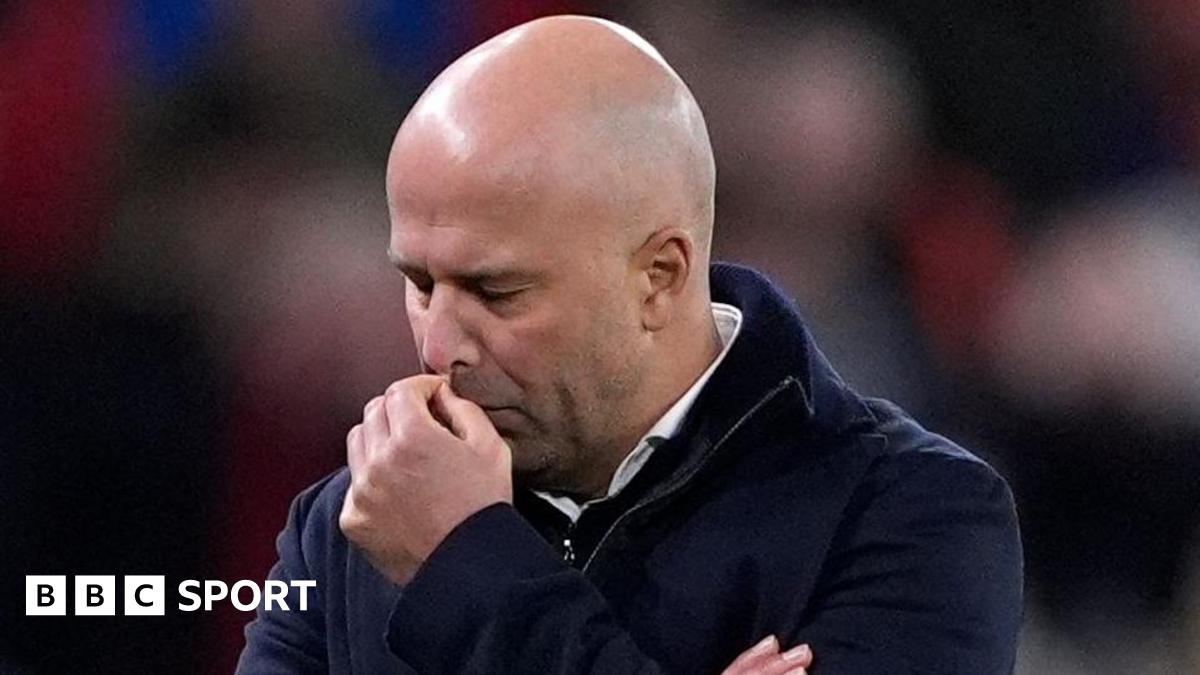The serious harm requirement
Gibson noted that a criminal conviction certificate “can be tendered in defamation proceedings”, and pointed to the requirement that Ward prove the 2SM broadcast has caused or will cause “serious harm” to his reputation to succeed in any defamation suit.
The serious harm requirement was introduced in NSW and most other jurisdictions in 2021. It was designed to weed out trivial or lower-level lawsuits.
A court may hold a separate hearing ahead of any trial on the question of serious harm. If the plaintiff cannot prove a publication or broadcast “has caused, or is likely to cause, serious harm” to their reputation, the case cannot proceed.
“What is the position of the parties in relation to an early hearing on serious harm?” Gibson asked.
She told Ward’s lawyer that “in a case such as this … it may well be that your position needs to take into account that there is essentially a certificate of conviction that can be tendered, and the impact that would have on a serious harm finding”.
Parties return to court next month
Gibson ordered the parties to return to court on September 11 to advise her of their position on a separate hearing on serious harm.
“The matter has been taken out of the inactive list by reason of the plaintiff’s conviction,” Gibson said.
Gibson said there was an “imperative placed on judges to consider serious harm of the court’s own motion” and “I need to have a position from the parties fairly rapidly on that issue”.
“The whole purpose of the serious harm amendments was to ensure that cases that fall within this particular kind of area are dealt with expeditiously and that early rulings are made, when appropriate.
“I don’t see any point in waiting until after the [sentencing] mention, as opposed to before. You should be in a position to consider what will happen in relation to serious harm.”
The issue of serious harm can be dealt with either before a trial or considered as one of a range of issues during a trial. If the issue is left for consideration at the trial, there is no possibility of an early resolution of the case on the basis that serious harm has not been proven.
“I know some judges in the Federal Court don’t particularly espouse this practice of having early hearings on serious harm,” Gibson said.
“They consider that it’s meretricious, I think is the word [some judges like] … to use.”
The court heard that no steps have been taken in the case since a statement of claim was filed last year.


















































